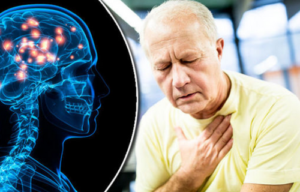Alzheimer's Disease

The most prevalent kind of dementia that cannot be reversed is Alzheimer’s disease (gradual loss of memory, intellect, rational thought, and social skills). Alzheimer’s kind of dementia affects around seven in ten persons.
Millions of brain cells, called neurons, organize how the brain retains memories, forms habits, and determines our personalities. Neurotransmitters are substances that act as messengers for signals that go between brain cells connected by connections. These cells and molecules are affected by Alzheimer’s disease, which impairs memory, thinking, and behavior over time.
Why Does Alzheimer’s Occur?
Although the exact causes of Alzheimer’s disease are not yet known, they most likely include a mix of:
Shrinkage, inflammation, blood vessel damage, and energy breakdown inside cells are age-related changes in the brain that may impair neurons and impact other brain cells.
Gene alterations or variations may be handed on through a family member. The most prevalent late-onset variety of Alzheimer’s develops once a person reaches their mid-60s, whereas the scarce early-onset type usually manifests between the ages of 30 and 60. A person’s genes can indirectly cause both varieties of Alzheimer’s.
Potentially influencing variables include exposure to pollution, heart disease, stroke, high blood pressure, diabetes, and obesity. They also have environmental and lifestyle factors.
